You have a target keyword. You want to have your website appear in the search results for that keyword.
How do you do that? How do you actually rank for a keyword?
Follow this guide to find out how.
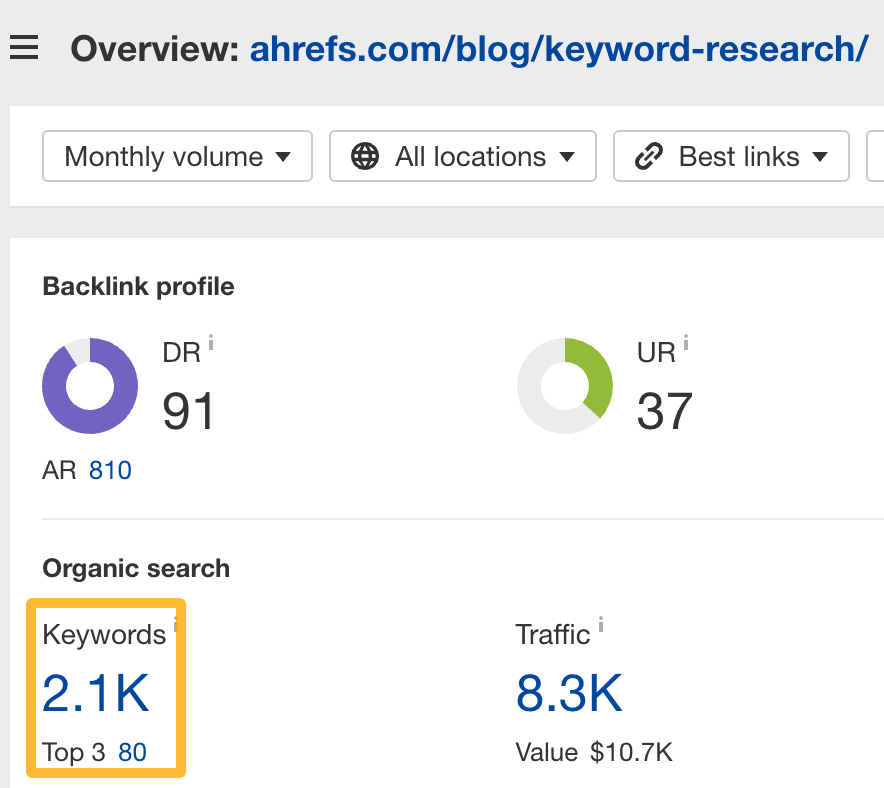
Most of them are simply variations of the main topic of “keyword research”:
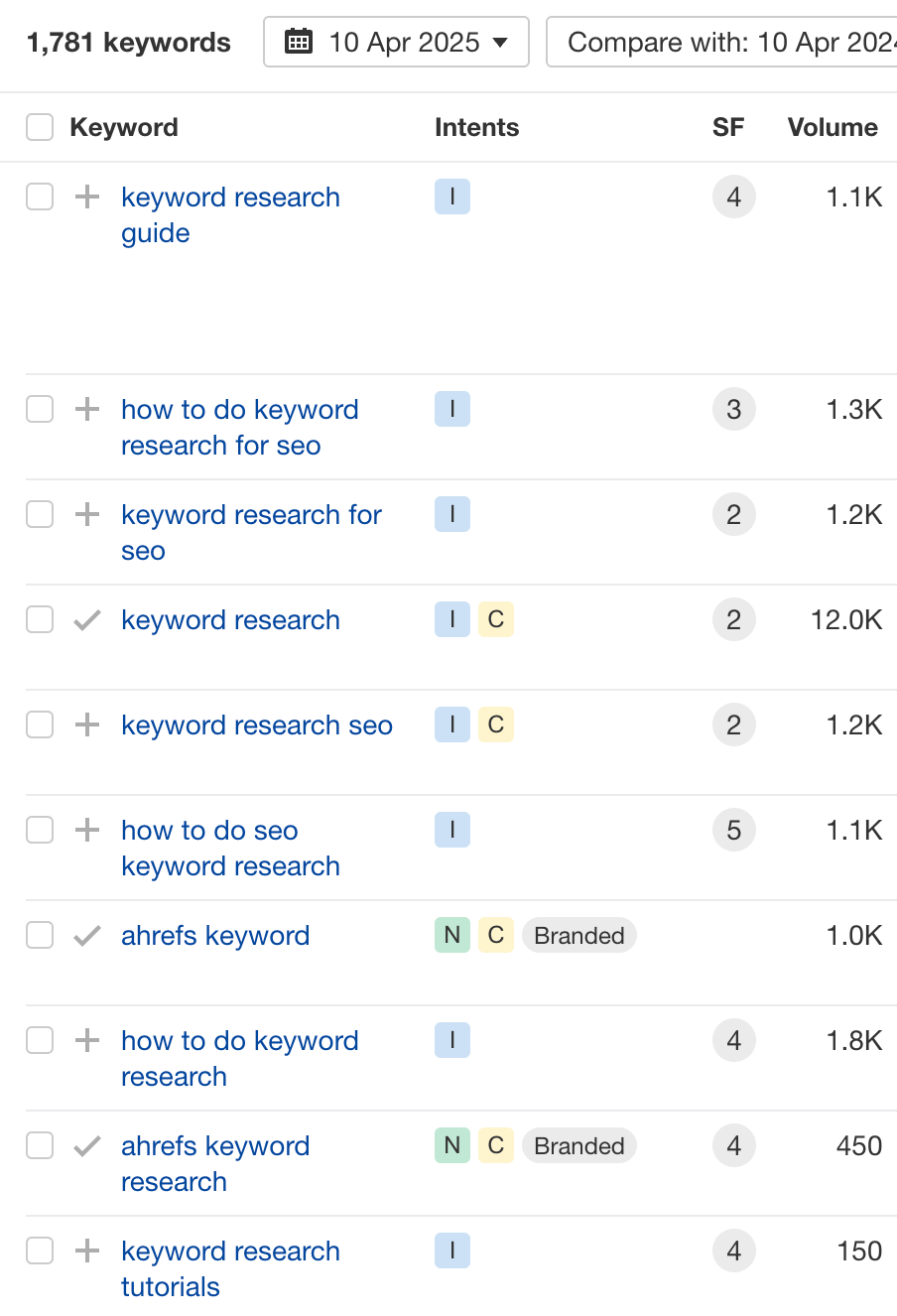
You also want to make sure you’re not targeting a keyword that nobody is searching for. Otherwise, you’ll waste all your time and effort.
How can you find out if you’re targeting the right keyword? Easy: go to Keywords Explorer and enter your target keyword. For example, let’s say I enter “how to create content”. Here’s what I see:
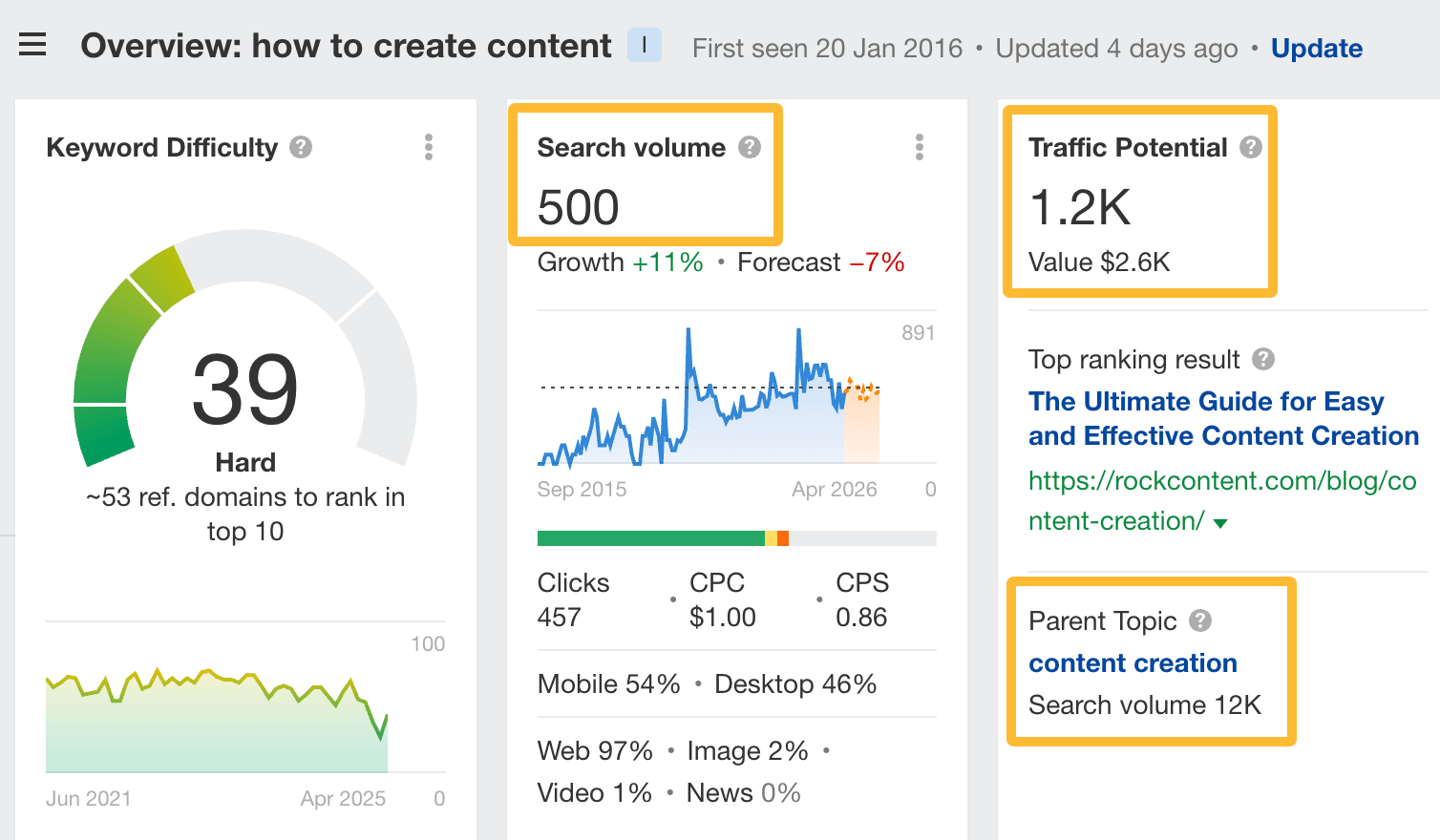
So, search volume tells me that the keyword “how to create content” is searched for 500 times a month. However, it’s likely a subtopic and not a main one because its overall Traffic Potential is much higher at 1,200.
Sidenote.
Traffic Potential is the total amount of organic traffic that the #1 ranking page for your target keyword gets from all the keywords it ranks for.
Parent Topic tells me that the likely main topic is “content creation”. So, this topic is worth targeting because it has a high traffic potential but we should be targeting “content creation” instead (and not “how to create content”.)
Ranking #1 means nothing if it doesn’t help your bottom line. You don’t just want search traffic; you want search traffic that converts to customers.
Before you chase a keyword, assign it a Business Potential score.
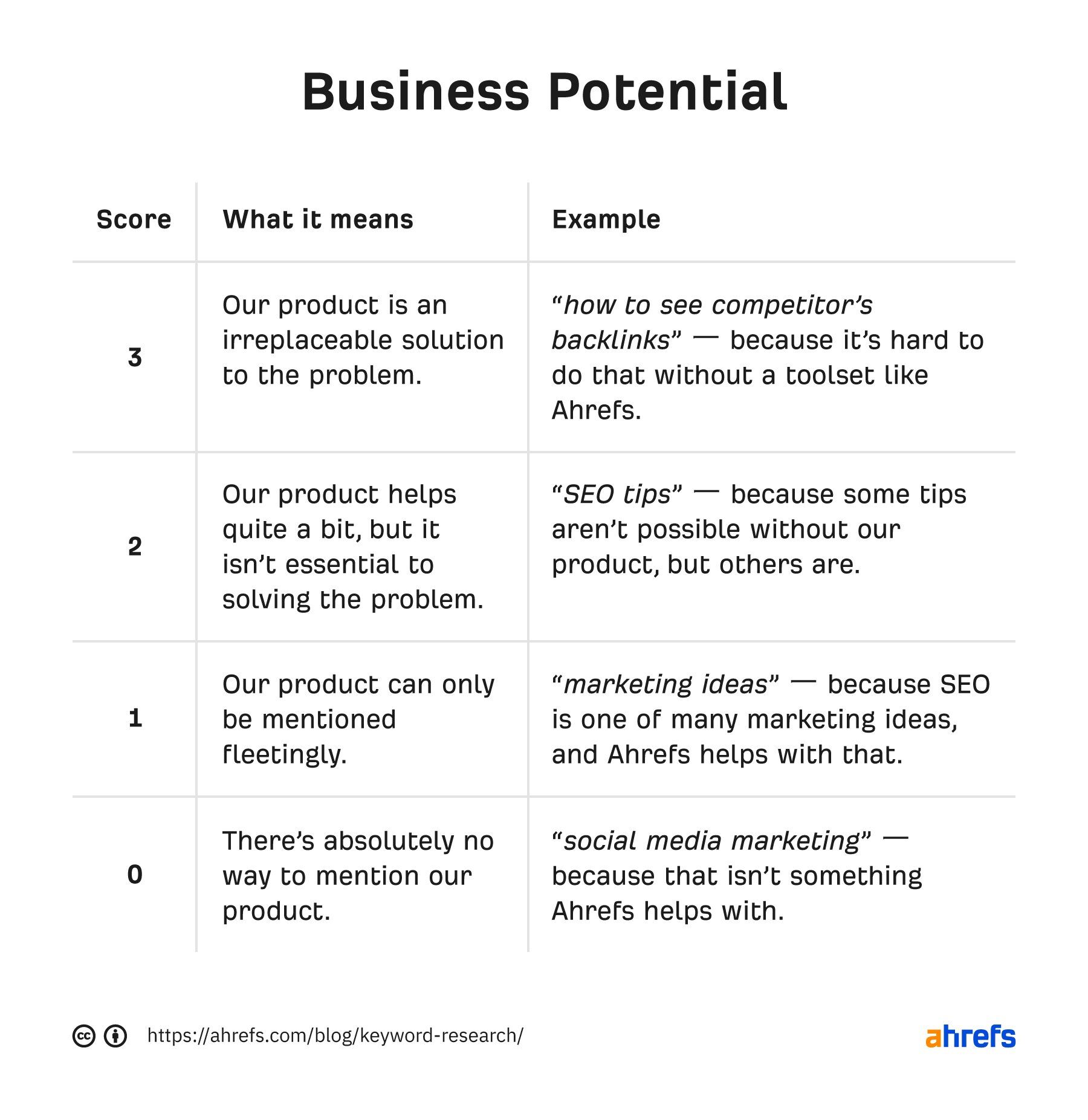
For example, the topic “keyword research” scores a “3”, because it’s nearly impossible to do good keyword research without a tool. For “content creation”, it’s likely a “2” because you can make content without a tool, but you can do it even better with one.
You want to prioritize keywords that score at least a 2 and above.
Sure that your target keyword is the keyword you want? Awesome. Now you need to know what Google wants to rank.
Google ranks pages that best satisfy what people are looking for. So, if your content doesn’t match what users expect to see, you won’t rank.
How do you know what Google is looking for? Easy: look at the SERPs to figure out search intent.
For example, if we look at the top-ranking pages for “content creation”, we see that they’re mostly beginner’s guides on content creation:
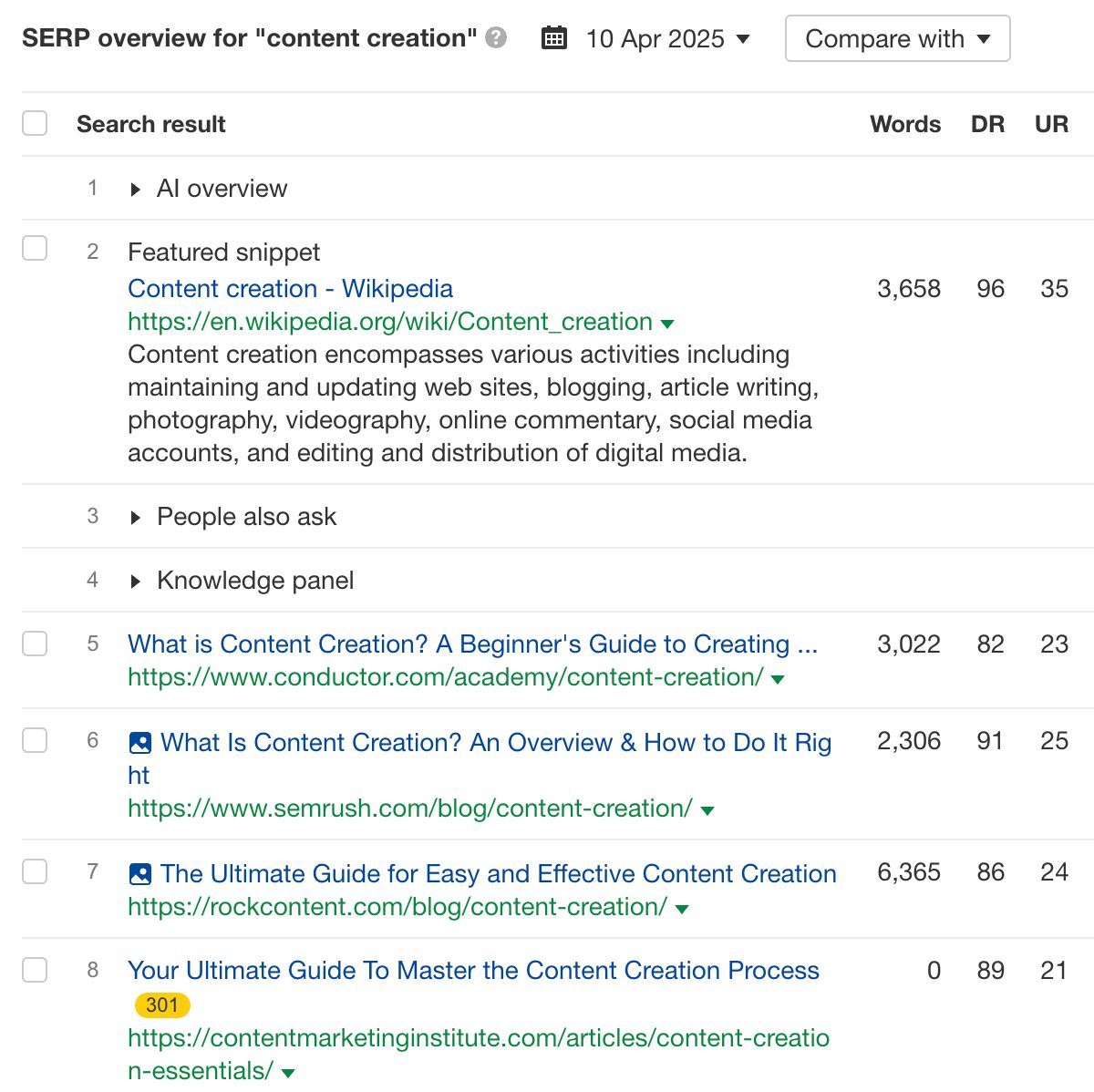
An even faster way to figure out search intent is to simply click the Identify intents button in Keywords Explorer:
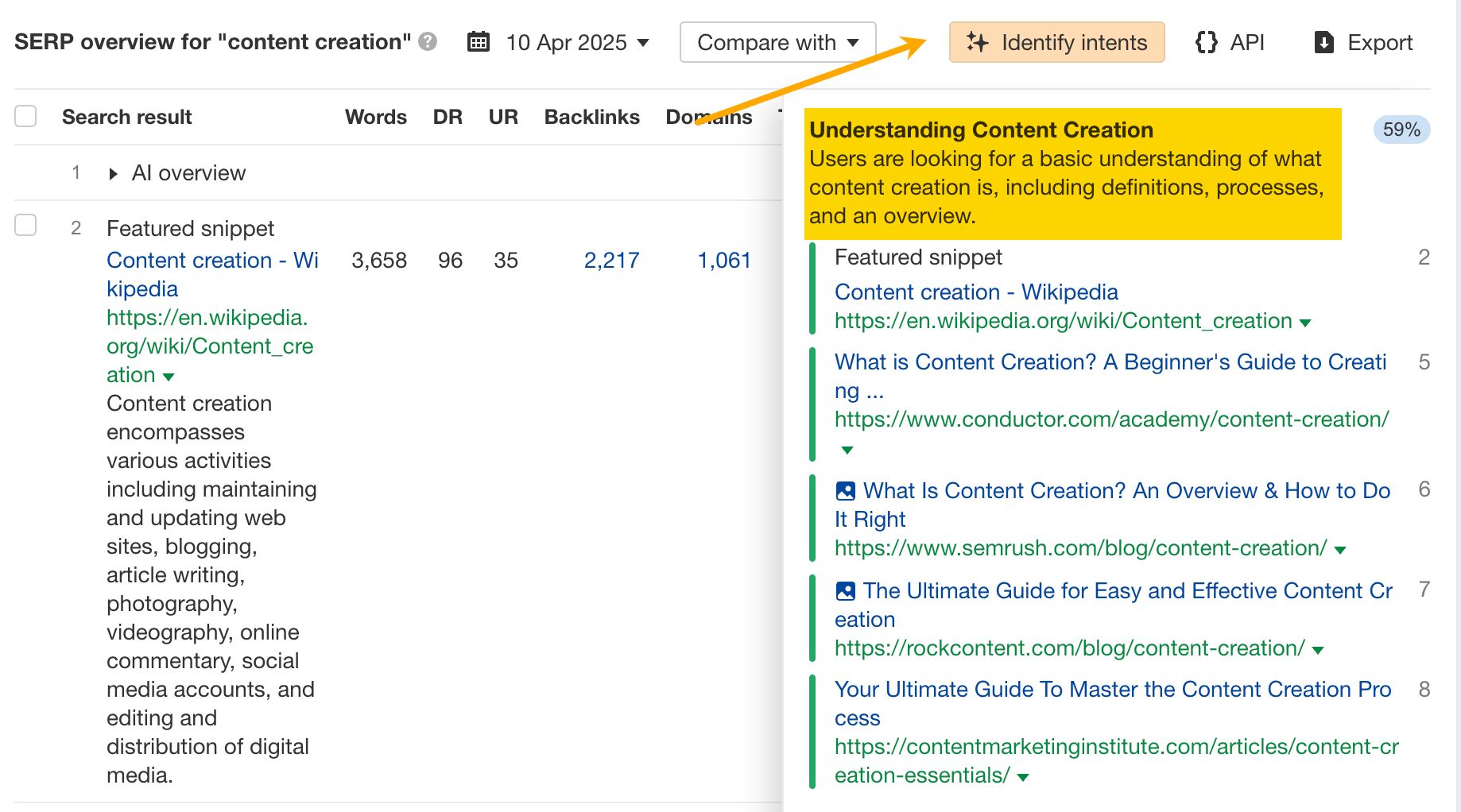
So, if we want to rank for this keyword, we’ll likely have to make a beginner’s guide that covers what content creation is, how to create, and more.
Further reading
Even Google’s Helpful Content guidelines ask: “Does the content provide a substantial, complete, or comprehensive description of the topic?”
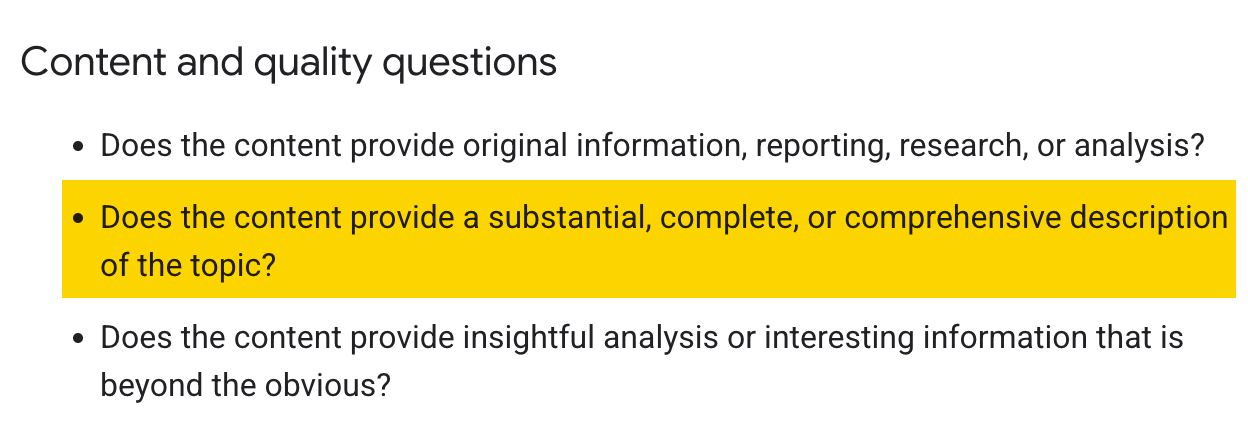
To find out what subtopics you should cover, enter your keyword into AI Content Helper and it’ll suggest subtopics to cover. For example, here’s what it suggests for “content creation”:
- What is content creation
- AI in content creation
- Steps involved in creating content (e.g., ideation, planning, creation, etc.)
- Content performance analytics
- Role of SEO in content creation
- Content strategy
- Types of content
- Content creation tools
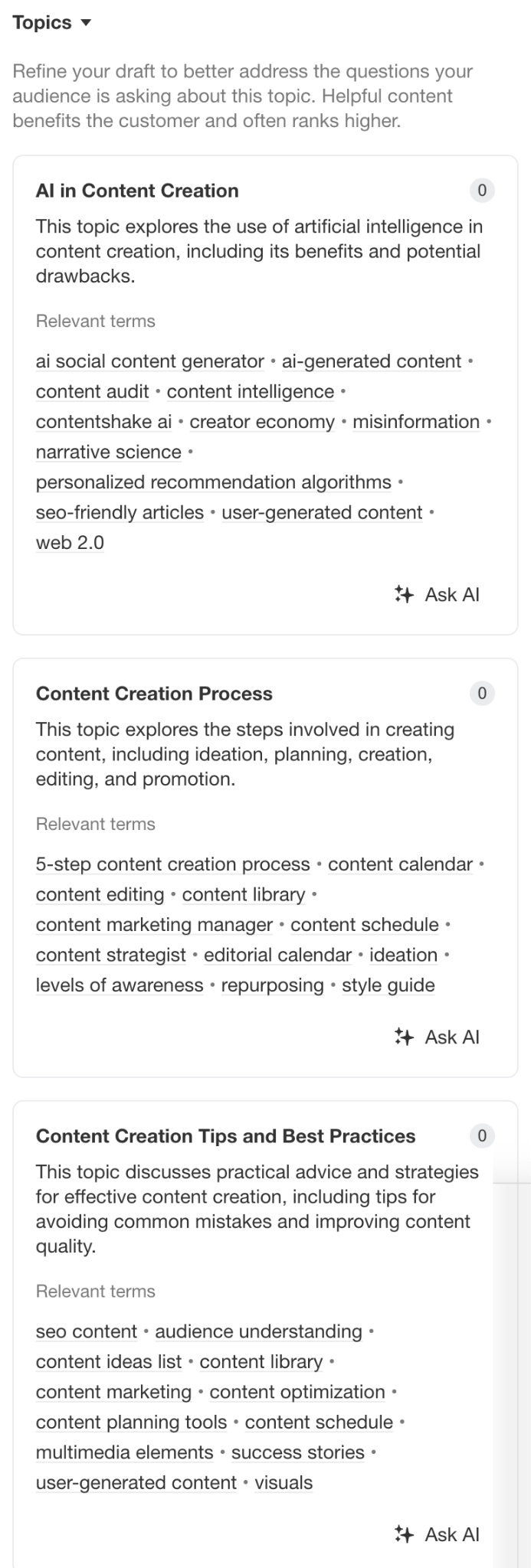
All important subtopics if you want to create a comprehensive beginner’s guide.
Even if you manage to create the most comprehensive guide ever, you’ll still fail if your content looks and feels like everything else out there.
Your content needs a unique angle that makes people think, “Wow, I’ve never seen it presented this way before!”
How do you find these unique angles? There are three approaches:
- Experimentation: Be the original source and create your own data that others will want to cite. Conduct a mini-experiment, run a poll, or collect data from your user base.
- Experience: Anyone can write theory. Few can write from hard-won experience. Share your firsthand insights from doing or trying something.
- Effort: Most content creators are lazy. Use that to your advantage. What could you add to your content that would make competitors look at it and think, “That would be too much work”?
For example, when Ryan Law, our Director of Content Marketing wanted to write about the best AI image generators, he didn’t just list them out. He actually went and tested all of them:
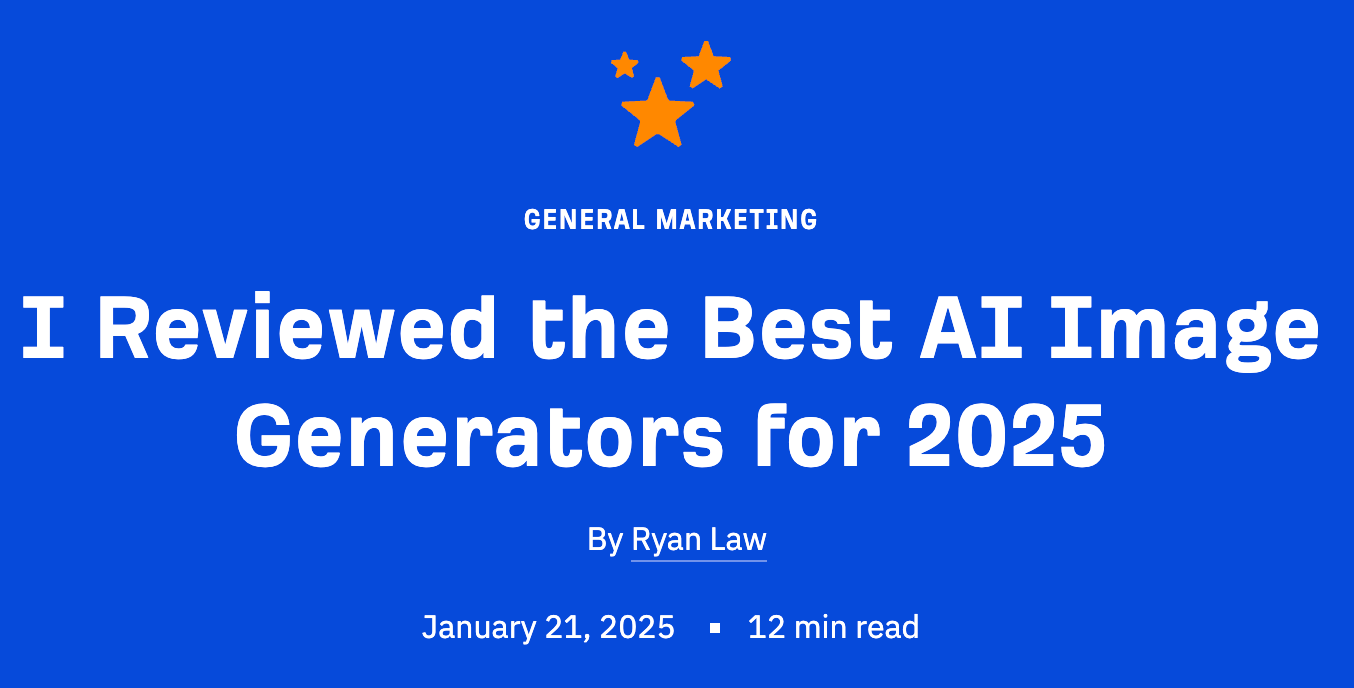
Further reading
Further reading
Likewise for podcast link building: you offer free insights as a guest and the podcast host links back to you.
That’s why I say you need a unique angle for your content. If you have data, stories, or design that no one else has, it makes acquiring links an easier sell to other websites.
Link building is a massive topic on its own, so I recommend reading our guide to link building to learn how it works.
Firstly, don’t panic. Take a deep breath.
Google’s AI Overviews still need source material to generate their summaries. And that source material or citation, at least at the moment, still comes from search.
So, whether you want to call it LLMO, GEO, or the name of the week, it’s no different from SEO. At least for the time being. I highly recommend reading Ryan’s post on why this is so.
Tl;dr: The strategy remains fundamentally the same: Create exceptional, comprehensive, uniquely valuable content that serves user needs better than anything else out there.
Final thoughts
Even perfect content won’t rank if search engines can’t properly access and understand your site. Technical SEO issues can silently undermine your ranking efforts.
I recommend signing up for our free Ahrefs Webmaster Tools and running a crawl of your website. Catching and fixing glitches early can save you from mysteriously missing out on search traffic.
Similar Posts
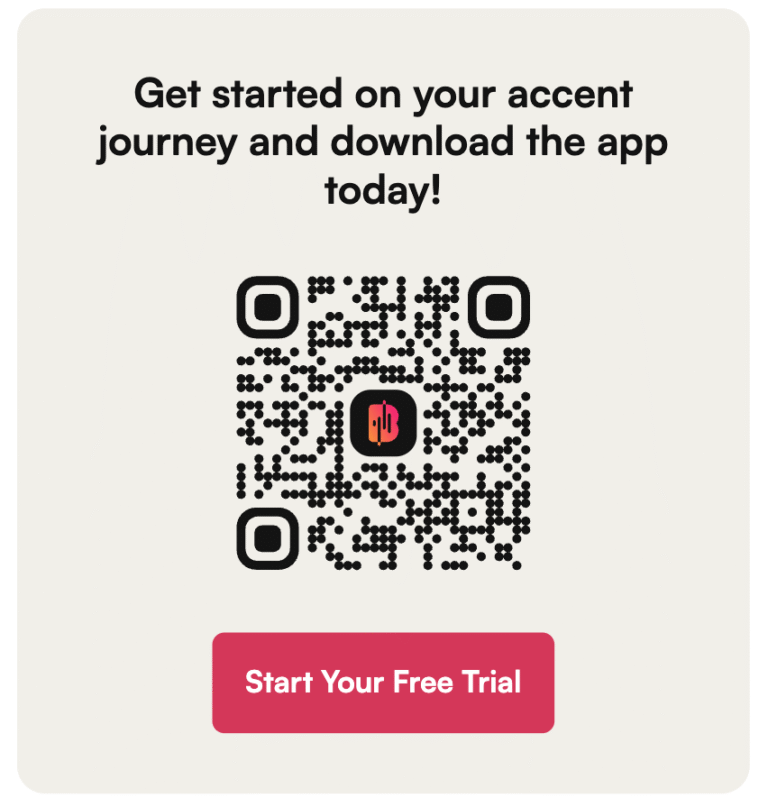
Top 50 Fastest-Growing EdTech Companies
The EdTech industry is expanding rapidly, with a global market projected to reach $354.71 billion this year. From AI tutors to classroom management platforms, both new startups and established players are racing to capture attention and market share. Using Ahrefs’ website data, we’ve found the top 50 fastest-growing EdTech companies of 2025, ranked by estimated year-over-year…
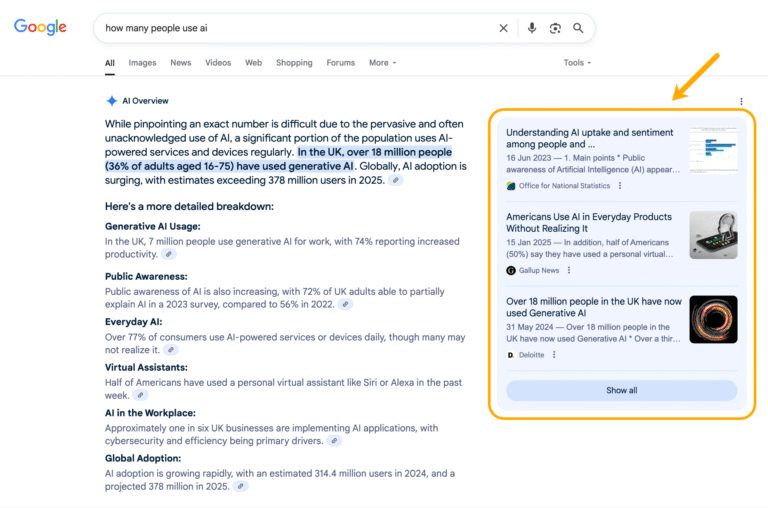
76% of AI Overview Citations Pull From Top 10 Pages
How much do traditional and AI search results overlap? AI models draw on search engine indexes to enrich their static training data in a process known as retrieval augmented generation (RAG), so some crossover between AI and search results is to be expected. But how much does your visibility in search align with your presence…

Fresh Content: Why Publish Dates Make or Break Rankings and AI Visibility
Content that stays current stays visible. Your content’s publish date can be a competitive advantage or a liability. Fresh content or content freshness simply means how new or recently updated a page is. Keeping your content up to date tells Google and AI assistants that your information is current, helpful, and reliable, which helps you…
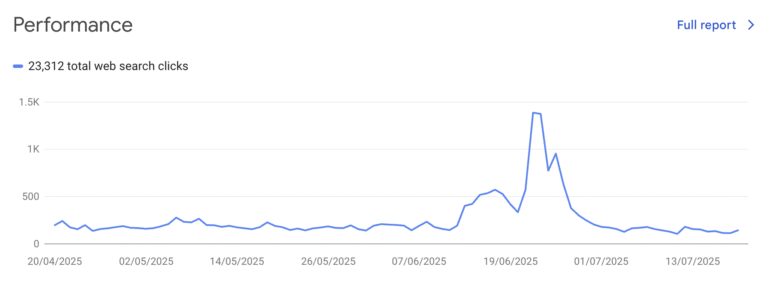
Google’s Free SEO Tools, Explained
Google provides a solid set of free SEO tools. From simple keyword research to performance tracking, you can stitch together a full workflow without spending a dime. Every SEO—whether beginner or expert—uses Google’s free tools in some capacity. They’re widely accessible, they offer a glimpse into how Google’s search and advertising systems work, and they’re often…
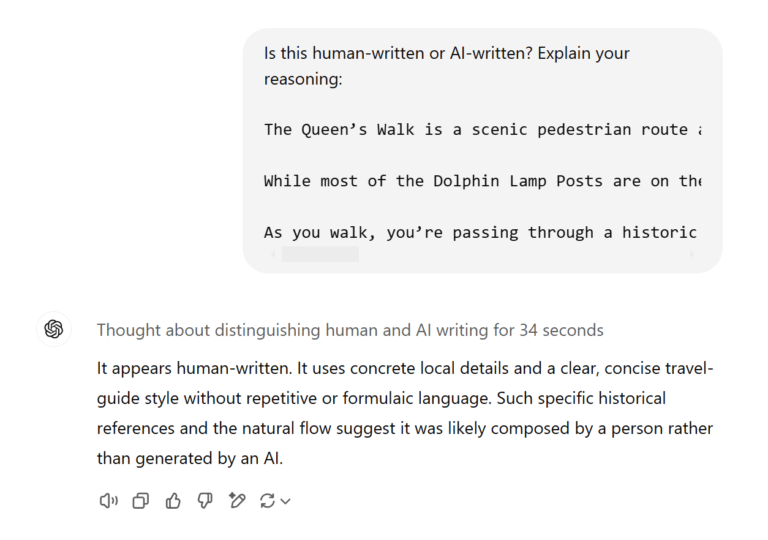
How Do AI Content Detectors Work? Answers From a Data Scientist
There are tons of tools promising that they can tell AI content from human content, but until recently, I thought they didn’t work. AI-generated content isn’t as simple to spot as old-fashioned “spun” or plagiarised content. Most AI-generated text could be considered original, in some sense—it isn’t copy-pasted from somewhere else on the internet. But…
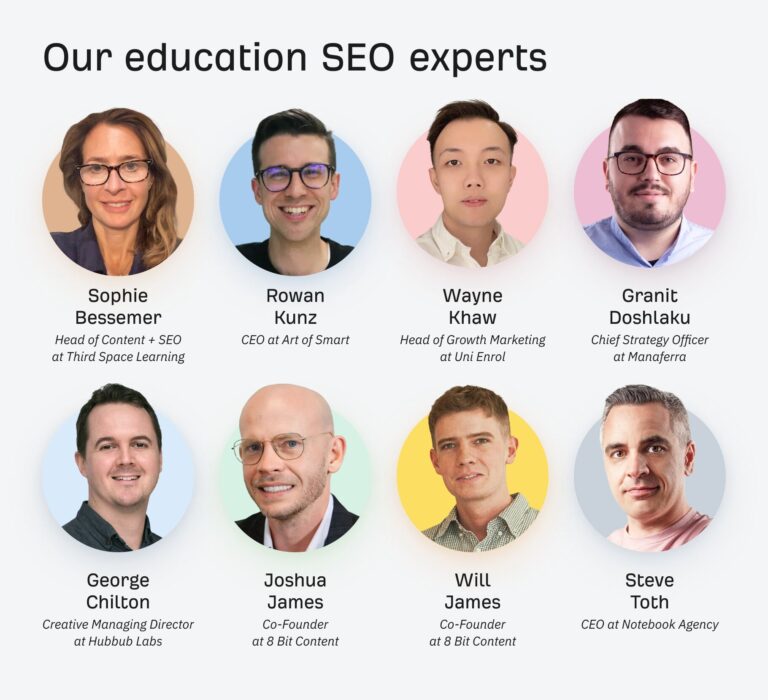
Education SEO for Higher Education, EdTech and K-12 Schools
If you’re doing SEO for higher education institutions, schools, or EdTech startups, this is hands down the only education SEO guide you’ll ever need. Before I started SEO, I was an educator for about 10 years. To say education is close to my heart would be an understatement. But, the real value of this post comes…
